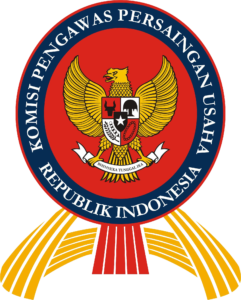
Badan Riset dan Inovasi Nasional
07-11-2022
12-08-2024
ade202ee-6de7-47fd-ab6a-27e2012b573a
Tuna exploitation in the Banda Sea has been started when Indonesia government ga...
A survey for leptocephali around Sulawesi Island in the central Indonesian Seas ...
The last publication on fern of Lombok that was able to be retrieved is written ...
Barramundi (Lates calcarifer) is a commercially important species in Australia a...
The document contains a list of most and least studied Sulawesi mammals based on...
INFORMASI: Data berikut ini masih dalam proses pemenuhan Prinsip SDI.
Hydrological Regimes and Zooplankton Ecology at Tempe Floodplains, Indonesia: Preliminary Study Before The Operation of The Downstream Barrage
Lake Tempe is a floodplain lake of a national importance situated in South Sulawesi, Indonesia, experiencing hydrological variation. Study on hydrological regimes and its association to zooplankton ecology was done to look at the hydrological characteristic and its association to zooplankton ecology. Field study and zooplankton sampling were carried out at two season representing hydrological variation of the floodplain. Rotifer was found to be dominant zooplankton during low water period while micro crustacean was predominant in high water period. Number of species and total abundance were higher in LW than in HW. Drying and wetting period of a floodplain system provide habitat for micro biota and enhance fish recruitment by providing suitable spawning environment and habitat for larvae. The operation of downstream barrage was intended to maintain water level at 5 meter ASL (3 meter water depth) meaning that the succession of zooplankton community from LW to HW community will be disrupted. We suggest that the operation of the barrage will significantly affect the ecosystem of the lake. Proceeding: The 1st International Forum on Asian Water Environment Technology, 18-20 Desember 2013.
